| |
| |
| |
| Presented By Mastercard |
| |
| Axios AM |
| By Mike Allen ·Jun 18, 2021 |
| Happy Friday! Smart Brevity™ count: 1,294 words ... < 5 minutes. Edited by Zachary Basu. 🎬 Next on "Axios on HBO": Jonathan Swan travels to Pakistan to interview Prime Minister Imran Khan on his relationship with the U.S., what he makes of President Biden, what's next in Afghanistan, China's growing influence and more. Airs Sunday at 6 p.m. ET on HBO and HBO Max. |
| |
| |
| 1 big thing: The Juneteenth milestone |
| President Biden points to Opal Lee, a 94-year-old Texan who campaigned for a Juneteenth holiday, after signing the bill yesterday. Photo: Evan Vucci/AP Two branches of government haven't acted in concert this speedily in at least 10 years: - The Senate passed a Juneteenth national holiday on Tuesday, the House followed Wednesday, President Biden signed it yesterday, and today is an official federal holiday (although the Postal Service will operate, saying there wasn't time to shut down).
- The annual holiday will be June 19. Because that falls on Saturday this year, the government is observing it today.
Why it matters: The holiday is a way future generations will remember America's year of racial reckoning. - Juneteenth National Independence Day is a permanent marker of a cultural shift that was swifter and surer than we could have imagined before the police killing of George Floyd mobilized millions.
Niala Boodhoo, host of our "Axios Today" podcast, talked with Harvard law professor Annette Gordon-Reed, who attended yesterday's East Room ceremony, and other historians about the dizzying pace of passage. - "All of a sudden, I was getting texts, messages — and an invitation to the White House," said Gordon-Reed, author of the historical memoir "On Juneteenth," a current New York Times bestseller.
- "It really matters to young people, who will grow up seeing Juneteenth alongside July 4, Memorial Day and Martin Luther King Jr. Day."
House Majority Whip James Clyburn (D-S.C.) addresses Speaker Pelosi's Juneteenth enrollment ceremony yesterday. Photo: Joshua Roberts/Getty Images The newest federal holiday commemorates June 19, 1865 — the day Union Maj. Gen. Gordon Granger rode into Galveston, Texas, with word that the Emancipation Proclamation had been signed by President Abraham Lincoln more than two years before. - Ibram X. Kendi, Boston University professor and author of "How To Be an Antiracist," told Axios he was elated that the holiday has finally come to fruition, but added: "I think we'll be in a battle over how we celebrate Juneteenth and how we utilize this day."
📱 At 12:30 p.m. ET today, please join Axios for a virtual event on Juneteenth, with discussions of the day's historical significance and Black political power in the U.S. Sign up here. |
    |
| |
| |
| 2. Dems may provoke huge fight with health-care industry |
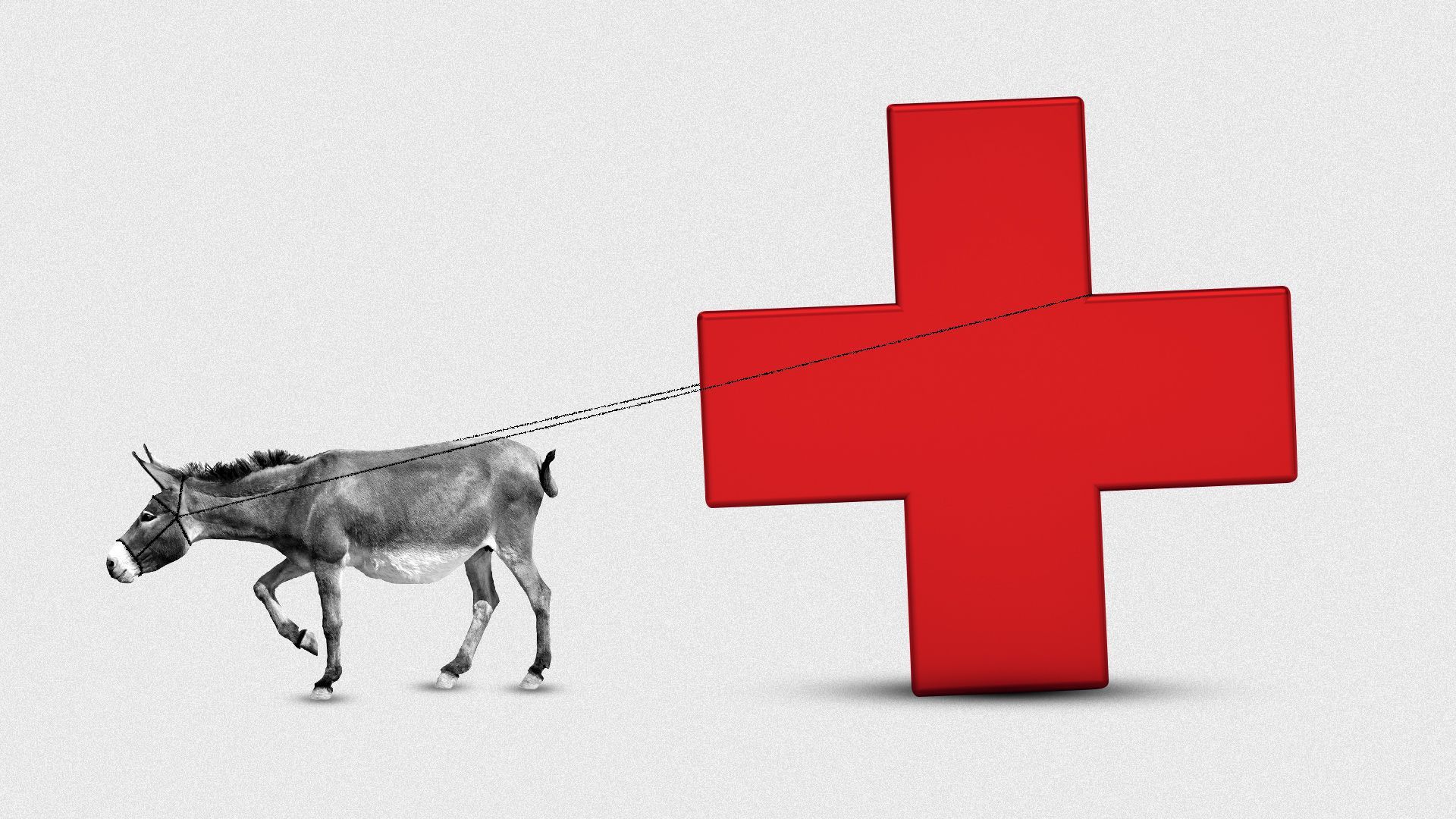 |
|
| Illustration: Aïda Amer/Axios |
| |
| Democrats are considering including major health-care reforms in a massive package that could pass without Republican votes, teeing up a grueling fight with the industry, Caitlin Owens reports for Axios Vitals. - Why it matters: Expanding coverage and lowering drug prices have long been top priorities for Democrats. This may be their best chance.
Democrats are preparing a multi-trillion-dollar infrastructure package to pass through budget reconciliation, allowing legislation to pass the Senate with a simple majority. - They're considering including measures that would lower Medicare eligibility from 65 to 60, expand benefits and lower drug prices, The Washington Post reported.
Between the lines: The prescription-drug industry is opposed to giving Medicare the ability to negotiate prices. Providers and insurers hate the idea of lowering the Medicare age. - So Democrats could face simultaneous pressure campaigns from some of the most powerful industry groups in the country.
Share this story. |
    |
| |
| |
| 3. 🚨 Breaking: China may lift all birth restrictions by 2025 |
| "Chinese officials are drawing up plans to further loosen birth restrictions and transition toward policies that explicitly encourage childbirth," The Wall Street Journal scoops (subscription). - Why it matters: The move reflects "increased urgency in Beijing as economic growth slows and China's population mix skews older."
Details: "Policy makers are discussing the possibility of fully doing away with birth restrictions by 2025, the end of the ruling Chinese Communist Party's current five-year economic plan," The Journal says. - One source expects China to "begin by eliminating birth restrictions in provinces where the birthrate is the lowest before enacting nationwide changes."
|
    |
| |
| |
| A message from Mastercard |
| How Mastercard is supporting Latin America during COVID-19 |
| |
 |
| |
| Mastercard and its partners are working to combat food insecurity and deliver health resources across Latin America. Among its efforts the company has: - Committed to 10 million meals with World Vision and others.
- Donated 57 ventilators to the neediest state hospitals in Mexico.
Learn more. |
| |
| |
| 4. Dreading the return of social obligations |
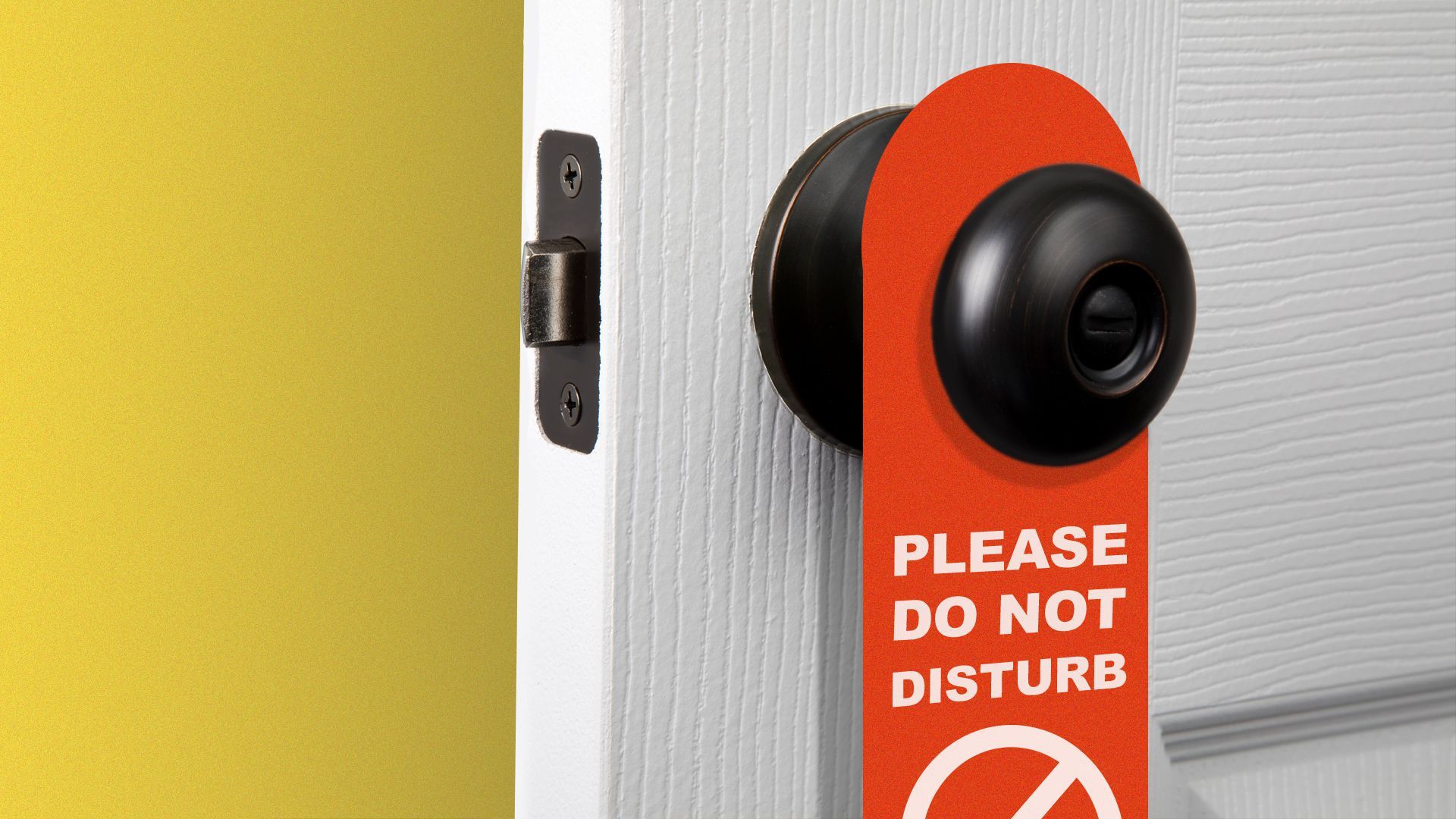 |
|
| Illustration: Shoshana Gordon/Axios |
| |
| The curbing of COVID in the U.S. means the return of dinner parties, movie dates and brunch — along with lots of things you don't really want to do, Erica Pandey writes for our new Axios What's Next newsletter. - Why it matters: Many of us spent over a year stuck in our homes by default — not having to decline social engagements we weren't keen on. Now it's time to re-learn the fine art of saying "no."
Mark Leary, a Duke psychology professor, said we've now "realized that there's a certain portion of our social interactions that were never all that rewarding." - Our brains are wired to maintain a finite number of social connections — around 15, Leary says. So spending the last year with just close friends and family felt comfortable for those who could do it.
Share this story. |
    |
| |
| |
| 5. 🤔 Pointless "hygiene theater" persists |
| A man uses a hand sanitizer dispenser outside the Capitol Rotunda last week. Photo: Matt McClain/The Washington Post via Getty Images It's not just you who's been wondering about this ... "At an ice cream shop in Rockville, Md., gloved servers scoop the frozen treat into cups, but a sign taped to the front window says, 'No cones: Covid,'" Marc Fischer writes on today's Washington Post front page. - "At McDonald's outlets along I-95 in Virginia, yellow police-style tape cordons off self-serve beverage stations. And at Nationals Park, baseball fans use a QR code and digital menu rather than ordering directly from the person who hands them their hot dog."
Why it matters: "None of these precautions provide meaningful protection against ... the coronavirus," The Post reports. Why it's happening: "Defenders of hygiene theater argue that some restrictions that seem nonsensical or outdated may nonetheless be useful in helping people dive back into society." |
    |
| |
| |
| 6. Exclusive poll: Broad support for new tech regs |
 |
|
| Illustration: Sarah Grillo/Axios |
| |
| New polling from the left-leaning Data for Progress, shared exclusively with Axios, shows broad support for stricter regulation of tech platforms, Ashley Gold writes. - A survey of 1,203 likely voters, taken May 14-17, found that 82% of respondents were somewhat or very concerned about children being radicalized by online content. 76% were concerned about becoming addicted to online platforms.
- The poll showed wide support for new rules for social media firms, with equal backing by Republicans and Democrats.
Share this story. |
    |
| |
| |
| 7. North Korea threatens "confrontation" with U.S. |
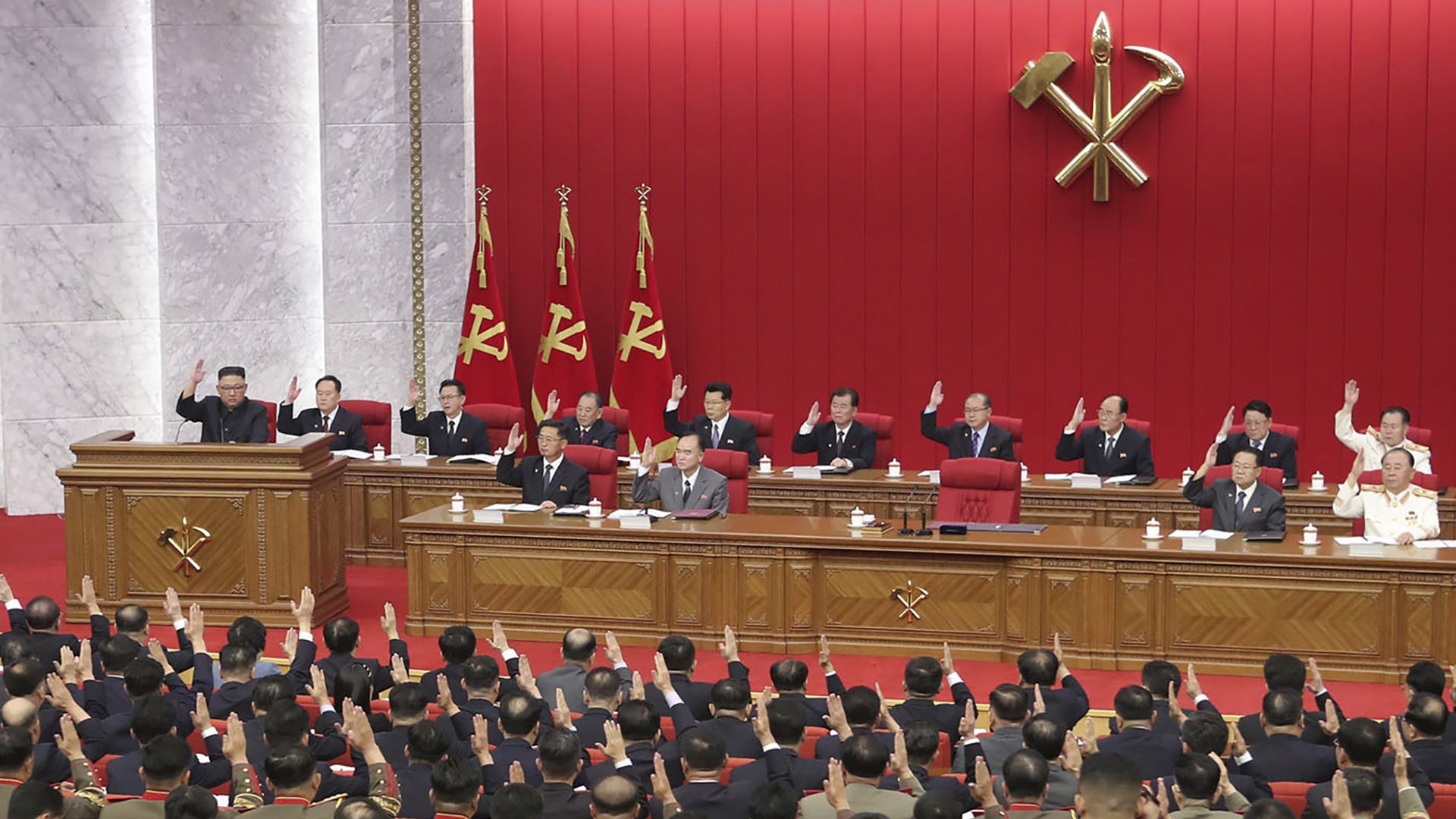 |
|
| In this photo provided by the North Korean government, Kim Jong Un leads a Workers' Party meeting in Pyongyang on Thursday. Photo: Korean Central News Agency via AP |
| |
| North Korean leader Kim Jong Un said the country should "get prepared for both dialogue and confrontation" with the U.S., and "especially to get fully prepared for confrontation," AP reports. - Why it matters: Kim's statement indicates he'll push to strengthen his nuclear arsenal, and increase pressure on Washington to give up what North Korea considers a hostile policy — but also wants talks.
|
    |
| |
| |
| 8. Portland officers quit team en masse |
 |
|
| In September, Portland police use chemical irritants and crowd control munitions to disperse protesters. Photo: Noah Berger/AP |
| |
| Portland officers on the crowd control unit, the Rapid Response Team, resigned from the unit after one was indicted for fourth-degree assault due to a baton strike against a protester's head last summer, The Oregonian reports. - Why it matters: The 50 officers, detectives and sergeants voted to disband their volunteer team "due to perceived lack of support ... The indictment of one of the team's officers appeared to be the last straw."
|
    |
| |
| |
| 9. Mapped: Delaying motherhood |
Data: Analysis of CDC records by Caitlin Myers of Middlebury College. Graphic: Quoctrung Bui/ The New York TimesThe lower map shows that the U.S. birthrate fell fastest (brown scale) over the past decade "in places with the greatest job growth — where women have more incentive to wait," the N.Y. Times reports (subscription). - Why it matters: "[A]s more women of all social classes have prioritized education and career, delaying childbearing has become a broad pattern among American women almost everywhere."
See more maps (subscription). |
    |
| |
| |
| 10. 📺 Streaming passes broadcast |
| Nielsen has a new way to measure how many people are watching streaming video and for how long: Hardware can now track streaming via internet routers, Axios Media Trends expert Sara Fischer reports. - Why it matters: Streaming is exploding, but the industry has lacked a uniform way to measure consumption.
In the debut report of "The Gauge" (graphic above), Nielsen found that streaming takes up more than a quarter (26%) of all TV consumption in the U.S., officially surpassing broadcast (25%). |
    |
| |
| |
| A message from Mastercard |
| Why Mastercard committed $25 million to Gavi, the vaccine alliance |
| |
 |
| |
| Mastercard is supporting Gavi in their public-private approach to bring vaccines to lower-income countries. The $25 million commitment will also help digitize access to health services in marginalized communities so we can all safely get closer together. Get more details. |
| |
| 📬 Thanks for reading! Please invite your friends, family, colleagues to sign up here for Axios AM and Axios PM. |
 | | The tool and templates you need for more engaging team updates. | | |



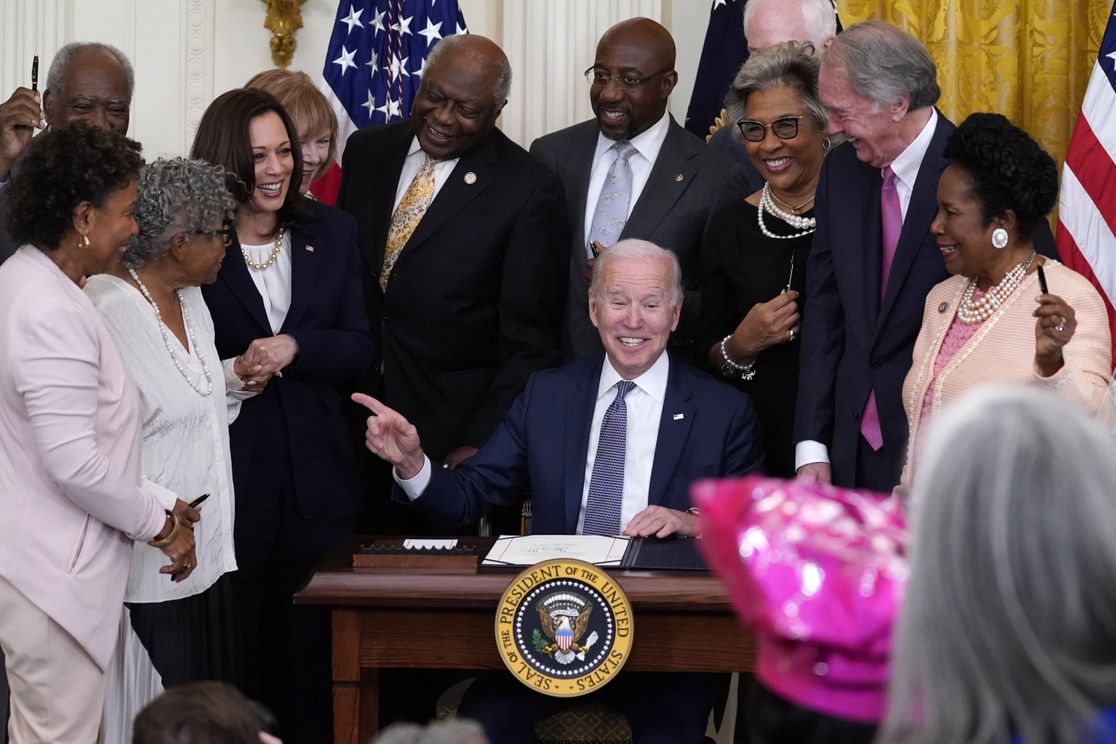
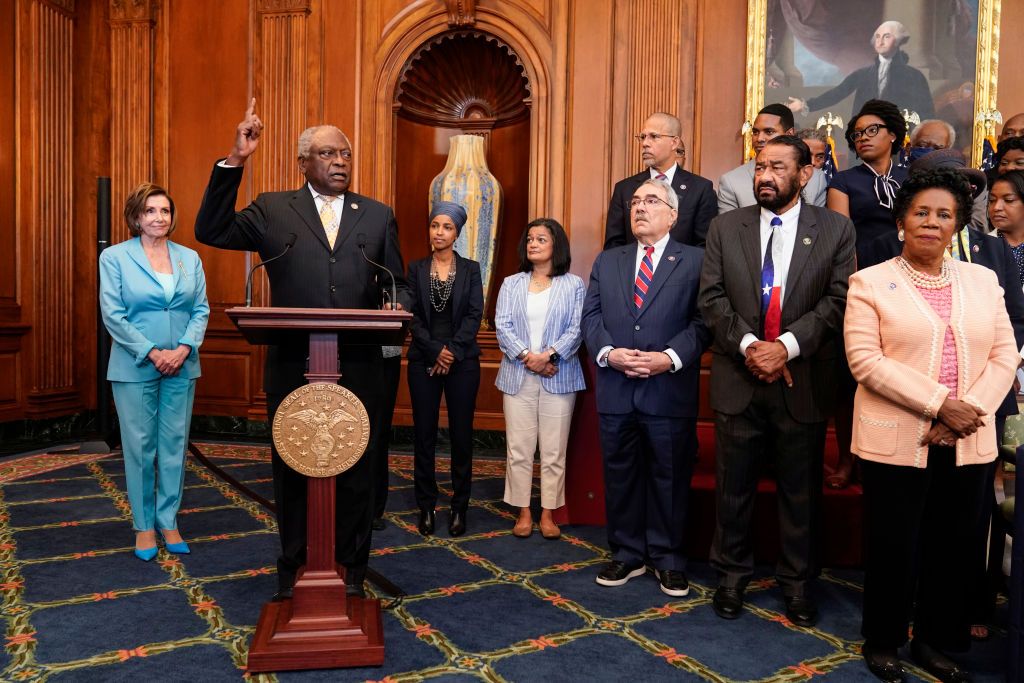






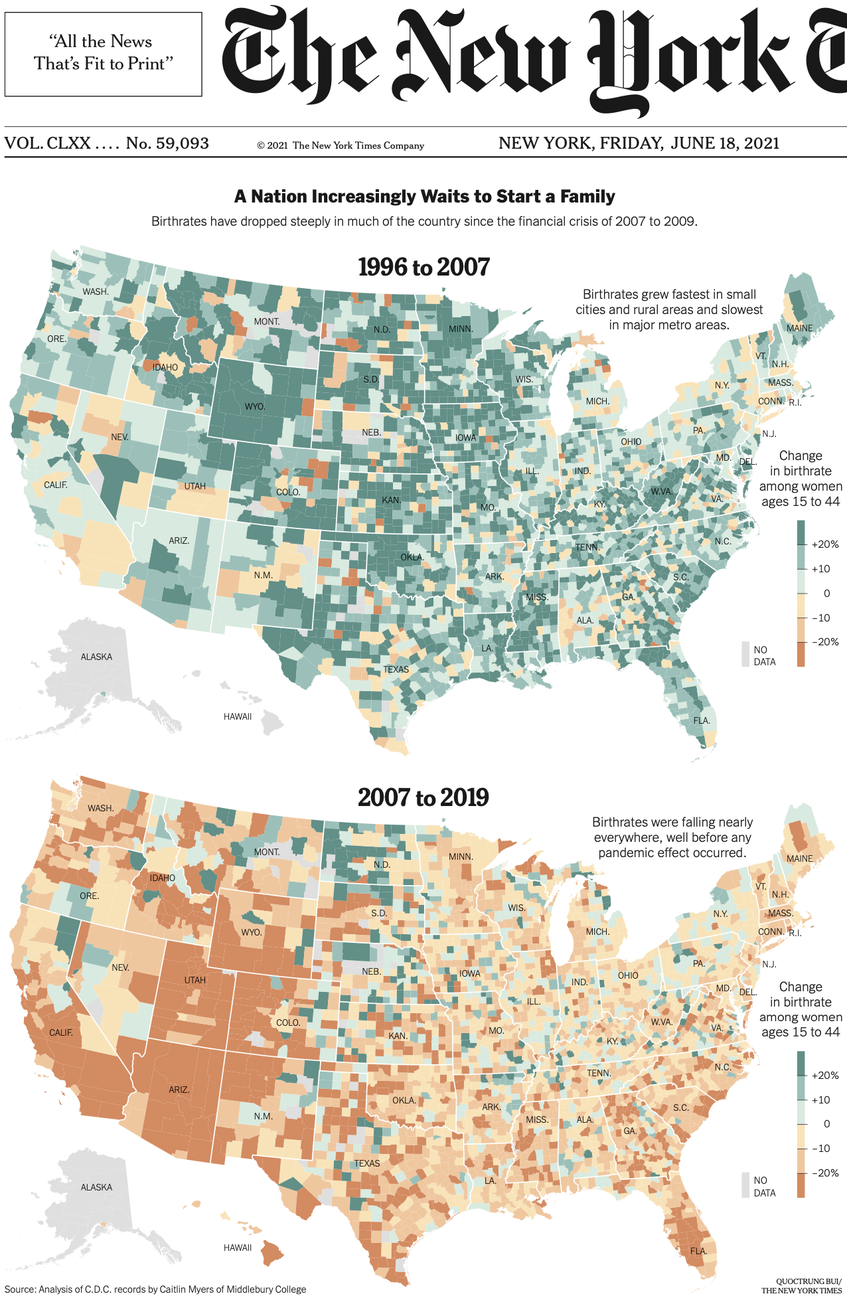


No comments:
Post a Comment